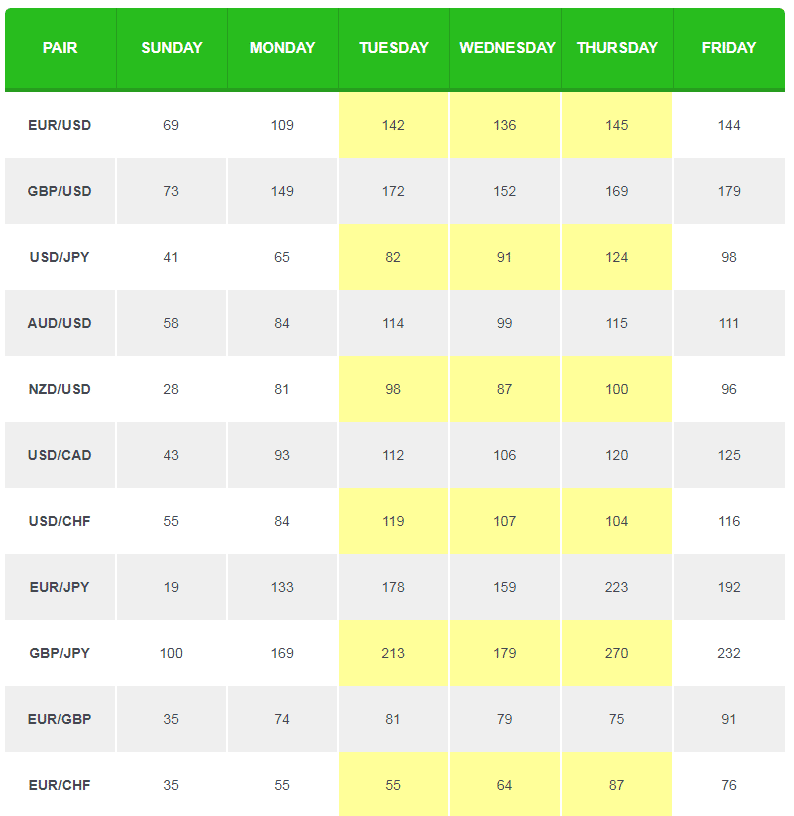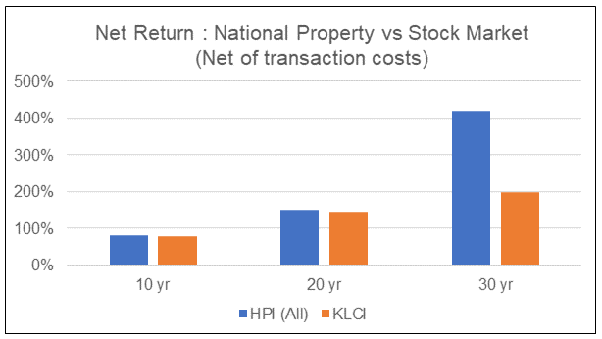
It is possible to save money by buying Treasury bills. These bills offer the same benefits as cash but at a lower rate of return. They are also a secure investment. They are low-risk, easy to redeem, and very liquid on the secondary markets. Treasury bills can be bought through your bank or a stockbroking company. It's an excellent way to diversify portfolios during times of economic uncertainty.
Purchasing Treasury bills is a simple process. The Central Bank of Nigeria (CBN) releases bids on national newspapers and on their website. The first to be accepted are the lowest. Large financial institutions often make the lowest bidding. The issue can be sold at the lowest possible bid.
The issuer agrees to the price they offer when you buy a treasury invoice. They also pay you the full bill value when the bill matures. However, if the auction is competitive, you can choose to bid on a rate that is a little lower than the lowest offer. You'll always get the bills you want, even if it's not in your preferred denomination.

You will need to make an offer through a bank or broker if you are going to make a good bid. You'll then have to make the payment to the broker/bank. You'll then receive the T-bills that you have purchased. Before you complete your purchase, be sure to discuss transaction commissions, transaction fees and other fees.
A CDS account allows you to invest in multiple Treasury bills. You can open a CDS Account in your own name, or in the name of a company. You will be able to choose which discount rate you would like to pay if you purchase multiple Treasury Bills in a CDS bank account.
You will need to decide how long you would like the maturity period to last before you purchase T-bills. This is important because the interest rates for Treasury bills will vary by maturity. The maturity period you choose will determine how much money you receive back. When deciding the maturity length of your T-bill, take into account current interest rates. T-bills usually have maturity periods of 4-8, 8, 13, 26 and 52 weeks. You can buy Treasury bills with shorter maturity periods through your bank or broker.
You can also purchase Tbills on the Over The Counter Market. This market is also known as the secondary market, because the price may be lower or higher than the issue price. Although you can buy Treasury bills through an online stockbroking platform, you will need to pay commissions for the broker or bank. You can also purchase T-bills directly through your bank's mobile app. You can easily find the treasury bill you're looking for using the mobile application. You can also opt for SMS notifications to be notified when treasury accounts are available.

To purchase treasury notes through a bank/broker, you will need to complete an application form. You will need to provide information such as your name, address and the source of your funds on your application form. Also, you will need to give your CDS account #.
FAQ
Who can trade in stock markets?
Everyone. All people are not equal in this universe. Some people are more skilled and knowledgeable than others. So they should be rewarded.
But other factors determine whether someone succeeds or fails in trading stocks. If you don’t know the basics of financial reporting, you will not be able to make decisions based on them.
You need to know how to read these reports. Each number must be understood. And you must be able to interpret the numbers correctly.
This will allow you to identify trends and patterns in data. This will allow you to decide when to sell or buy shares.
If you're lucky enough you might be able make a living doing this.
How does the stock market work?
By buying shares of stock, you're purchasing ownership rights in a part of the company. A shareholder has certain rights. He/she can vote on major policies and resolutions. He/she can seek compensation for the damages caused by company. He/she can also sue the firm for breach of contract.
A company cannot issue more shares than its total assets minus liabilities. This is called capital sufficiency.
A company with a high capital adequacy ratio is considered safe. Low ratios make it risky to invest in.
What is a bond and how do you define it?
A bond agreement between two parties where money changes hands for goods and services. It is also known to be a contract.
A bond is usually written on paper and signed by both parties. The document contains details such as the date, amount owed, interest rate, etc.
The bond is used for risks such as the possibility of a business failing or someone breaking a promise.
Bonds are often combined with other types, such as mortgages. This means the borrower must repay the loan as well as any interest.
Bonds can also help raise money for major projects, such as the construction of roads and bridges or hospitals.
The bond matures and becomes due. That means the owner of the bond gets paid back the principal sum plus any interest.
Lenders can lose their money if they fail to pay back a bond.
Can bonds be traded
Yes they are. You can trade bonds on exchanges like shares. They have been for many years now.
You cannot purchase a bond directly through an issuer. A broker must buy them for you.
This makes buying bonds easier because there are fewer intermediaries involved. This means that selling bonds is easier if someone is interested in buying them.
There are several types of bonds. Some bonds pay interest at regular intervals and others do not.
Some pay interest quarterly while others pay an annual rate. These differences make it easy compare bonds.
Bonds can be very helpful when you are looking to invest your money. For example, if you invest PS10,000 in a savings account, you would earn 0.75% interest per year. You would earn 12.5% per annum if you put the same amount into a 10-year government bond.
If all of these investments were accumulated into a portfolio then the total return over ten year would be higher with the bond investment.
What are some of the benefits of investing with a mutual-fund?
-
Low cost - buying shares from companies directly is more expensive. A mutual fund can be cheaper than buying shares directly.
-
Diversification: Most mutual funds have a wide range of securities. One type of security will lose value while others will increase in value.
-
Professional management - Professional managers ensure that the fund only invests in securities that are relevant to its objectives.
-
Liquidity – mutual funds provide instant access to cash. You can withdraw your money at any time.
-
Tax efficiency - mutual funds are tax efficient. Because mutual funds are tax efficient, you don’t have to worry much about capital gains or loss until you decide to sell your shares.
-
Buy and sell of shares are free from transaction costs.
-
Mutual funds are easy-to-use - they're simple to invest in. You will need a bank accounts and some cash.
-
Flexibility - You can modify your holdings as many times as you wish without paying additional fees.
-
Access to information- You can find out all about the fund and what it is doing.
-
Investment advice - ask questions and get the answers you need from the fund manager.
-
Security – You can see exactly what level of security you hold.
-
Control - you can control the way the fund makes its investment decisions.
-
Portfolio tracking - you can track the performance of your portfolio over time.
-
Easy withdrawal: You can easily withdraw funds.
Investing through mutual funds has its disadvantages
-
Limited selection - A mutual fund may not offer every investment opportunity.
-
High expense ratio: Brokerage fees, administrative fees, as well as operating expenses, are all expenses that come with owning a part of a mutual funds. These expenses can impact your return.
-
Lack of liquidity - many mutual fund do not accept deposits. These mutual funds must be purchased using cash. This limits the amount that you can put into investments.
-
Poor customer support - customers cannot complain to a single person about issues with mutual funds. Instead, you will need to deal with the administrators, brokers, salespeople and fund managers.
-
Rigorous - Insolvency of the fund could mean you lose everything
Statistics
- US resident who opens a new IBKR Pro individual or joint account receives a 0.25% rate reduction on margin loans. (nerdwallet.com)
- For instance, an individual or entity that owns 100,000 shares of a company with one million outstanding shares would have a 10% ownership stake. (investopedia.com)
- Even if you find talent for trading stocks, allocating more than 10% of your portfolio to an individual stock can expose your savings to too much volatility. (nerdwallet.com)
- Ratchet down that 10% if you don't yet have a healthy emergency fund and 10% to 15% of your income funneled into a retirement savings account. (nerdwallet.com)
External Links
How To
How can I invest in bonds?
An investment fund is called a bond. Although the interest rates are very low, they will pay you back in regular installments. You make money over time by this method.
There are many ways you can invest in bonds.
-
Directly buy individual bonds
-
Buying shares of a bond fund.
-
Investing with a broker or bank
-
Investing via a financial institution
-
Investing through a pension plan.
-
Invest directly with a stockbroker
-
Investing through a Mutual Fund
-
Investing in unit trusts
-
Investing through a life insurance policy.
-
Investing with a private equity firm
-
Investing through an index-linked fund.
-
Investing through a Hedge Fund